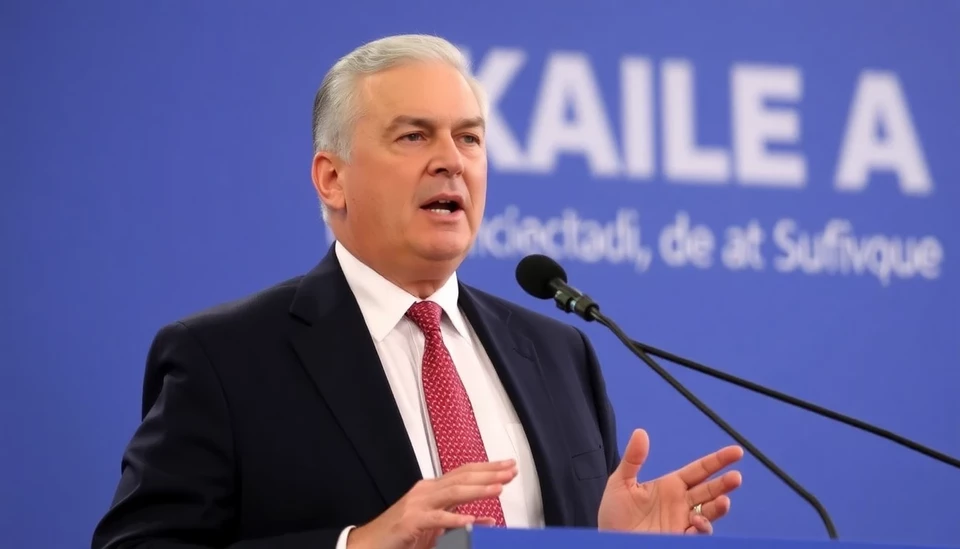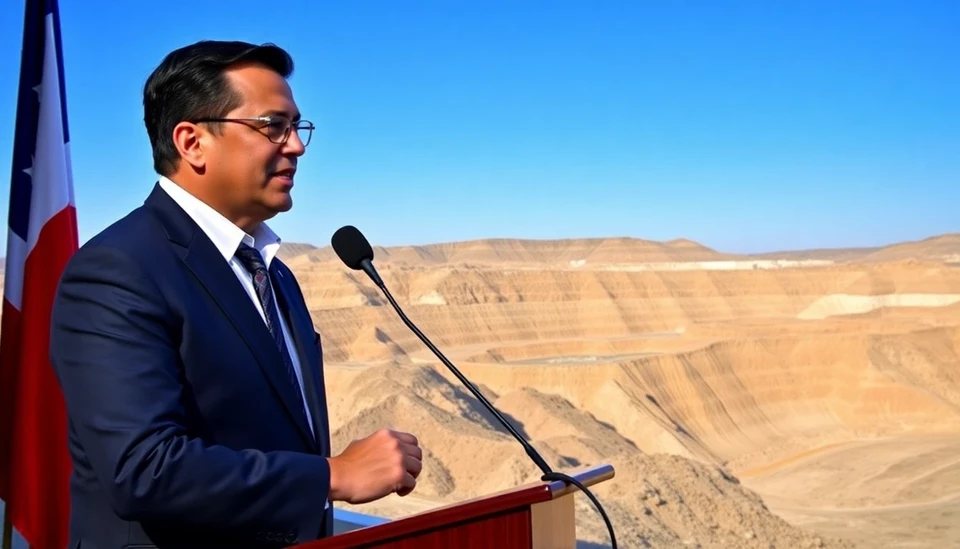
In a striking declaration, the frontrunner for the upcoming Chilean presidential elections, economist and political newcomer, Kaiser, has laid out a bold vision for the country’s economic future. During a high-profile campaign event in Santiago, Kaiser proposed what he termed an "economic shock and awe" strategy, aimed at revitalizing Chile’s struggling economy, which has faced challenges in recent years due to both domestic policies and external factors.
Kaiser’s plan comes amid growing discontent among the public, which has been grappling with rising inflation, sluggish growth, and increasing poverty rates exacerbated by the pandemic. His ambitious proposals, designed to tackle these critical issues head-on, have generated a mix of excitement and skepticism among both supporters and analysts.
The proposed policy changes include sweeping tax reforms designed to increase revenue from the wealthiest citizens and large corporations. Kaiser emphasized that this would ensure funds are redirected towards social programs, education, and infrastructure. He argues that without such drastic measures, Chile risks falling further behind as other nations recover from the pandemic.
Furthermore, Kaiser has vowed to invest heavily in green technology and renewable energy, positioning Chile as a leader in climate change initiatives while simultaneously creating jobs in these emerging sectors. He highlighted the country's natural resources, particularly lithium, as pivotal to this vision, aiming to establish a sustainable economy that capitalizes on global demand for clean energy solutions.
In addition to economic reforms, Kaiser’s campaign is focusing on social justice issues, pledging to rewrite the social contract to ensure equality and inclusivity for all Chileans. He acknowledges that the nation must address entrenched inequalities to foster a more cohesive society, where all citizens can thrive.
Kaiser’s appearance comes at a critical time, as public opinion polls suggest a turbulent political landscape, with traditional parties losing ground to more progressive candidates like himself. His charismatic presentation and detailed policy proposals have resonated with younger voters, who are eager for change after years of perceived stagnation and corruption in the political arena.
However, critics caution that Kaiser’s ambitious proposals may be overly optimistic given the complexities of the Chilean economy. Skepticism remains about whether the necessary political will exists to implement such sweeping reforms, especially in a divided Congress where consensus can be elusive.
As the elections approach, Kaiser’s vision will be put to the test as he seeks to secure the support of both the electorate and potential allies in Congress. His ability to translate this vision into actionable policy will determine not only his own political future but also the economic trajectory of Chile in the coming years.
While the upcoming election marks a pivotal moment in Chile’s democratic history, many Chileans are left wondering if Kaier’s radical proposals will bring about the significant change they hope for or if they will remain another unfulfilled promise in the nation’s political saga.
As campaign activities intensify, Kaiser’s message of hope and renewal will continue to be a focal point of discussion, as voters will soon make their choice about the direction of their country.
#ChileElection #EconomicReform #KauserForChange #SocialJustice #GreenEconomy #PoliticalChange #Chile2025
Author: Daniel Foster
